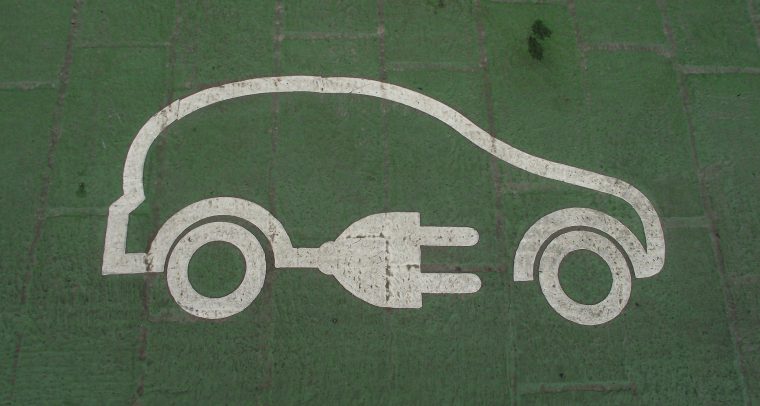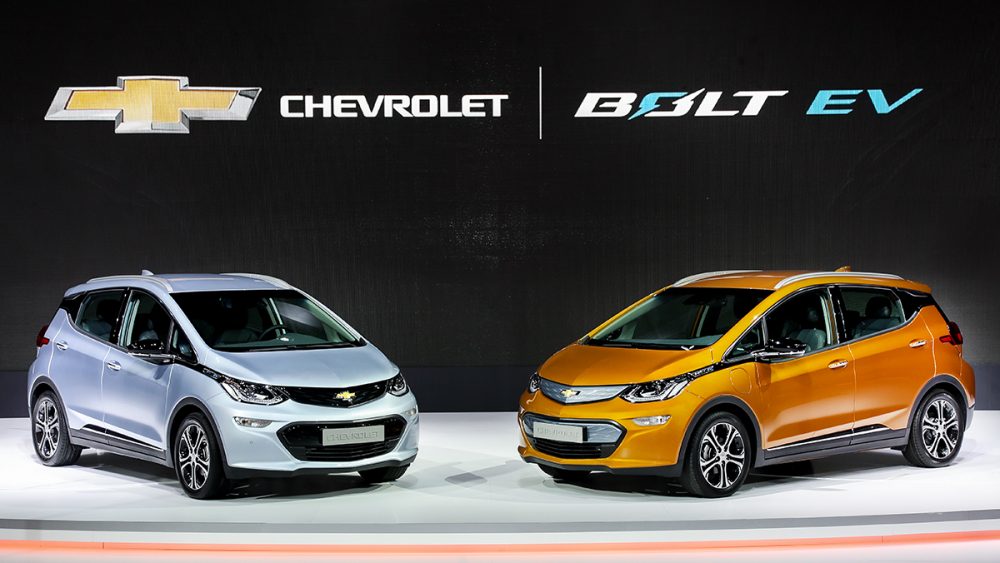
Photo: byronv2
California is having a bit of a problem with its air pollution. Despite probably being the lead state in eco-conscious and especially air-quality-conscious regulations, its population still seems to be responding to improving economic times and low gasoline prices by buying more “light trucks” (meaning trucks, SUVs, and vans) than ever.
So, what can California do?
Apparently, what it can do is double down on getting people to buy electric. California has long offered a rebate on sales of zero-emission (so, fully electric or hydrogen-fueled) vehicles, currently at $2,500 for a qualified vehicle, and a new bill in the California legislature would kick that rebate up to $10,000 or more for a compact electric car such as the Chevrolet Bolt. The bill would also kick the funding for the program all the way up to $3 billion (perhaps attempting to stave off the funding difficulties that the previous system had during political disputes).
The bill has been approved by several Senate and Assembly committees and if it’s approved by the full legislature before September 15th (the end of the current session), the bill would go to the governor for approval.
Critics of the bill point out that the $3 billion is meant to come mainly from the state’s cap-and-trade auction (a system of buying and selling credits to account for emissions employed by the state), whose revenues are also being demanded by a number of other programs.
However, proponents of the bill sponsor Assemblyman Phil Ting argue that without a dramatic subsidy boost, the state may fall short of its zero-emission vehicle goals (1.5 million on the road by 2025, and 4 million by 2030) and that the new program would solve problems in the old system by having rebate amounts tick downward as sales volume rises and by applying the rebate at point of sale, rather than waiting for a check from the state treasury.
News Source: LA Times
The News Wheel is a digital auto magazine providing readers with a fresh perspective on the latest car news. We’re located in the heart of America (Dayton, Ohio) and our goal is to deliver an entertaining and informative perspective on what’s trending in the automotive world. See more articles from The News Wheel.
